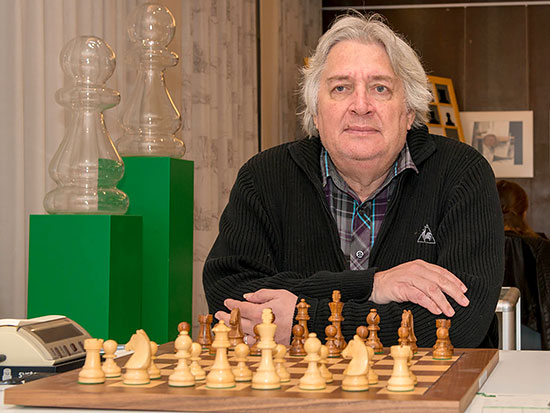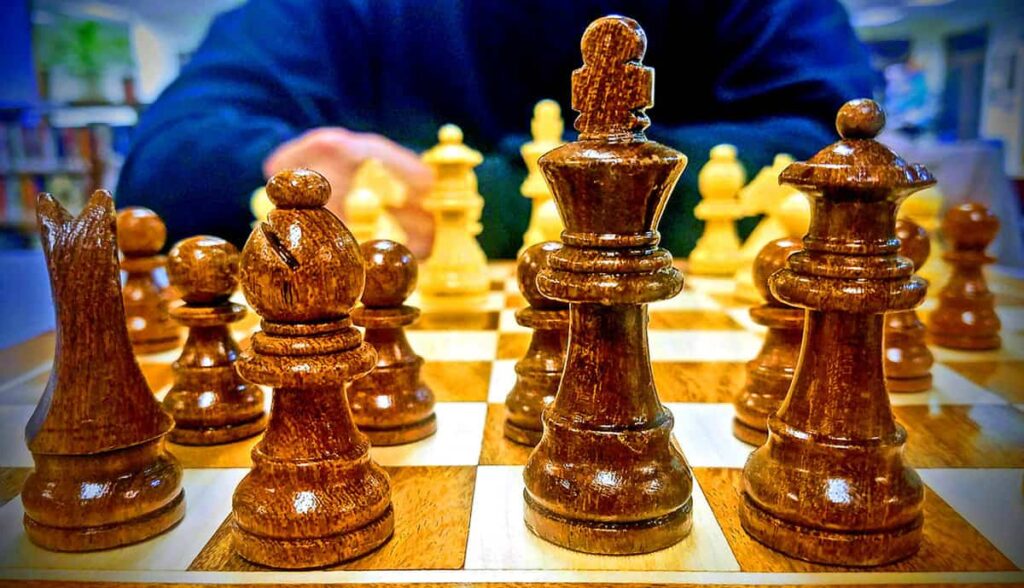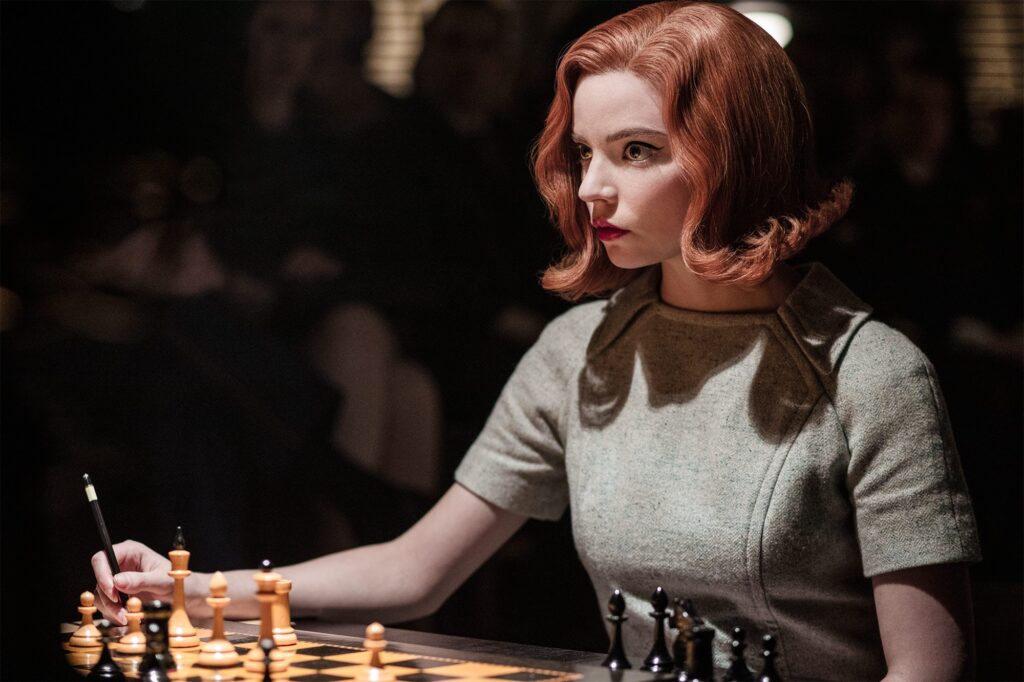
The Wijk aan Zeetournament (2015) was extremely disappointing for Jan Timman: the Dutchman, a two-time winner of the prestigious competition, was losing game after game in the “B” tournament.
When I met Timman on the sidelines of the De Moriaan Hall after the fifth round, he looked remarkably tired, although no one could have foreseen the ultimate disaster yet (Timman ended up with three points out of thirteen and in the last place).
“I can’t sleep at all,” Ian complained. – I toss and turn all night, not a wink. Only in the morning I pass out for a couple of hours. I don’t know what to do…” And shaking his head, the gray-haired and heavily flattened veteran wandered to the hotel.
He had had insomnia relapses before. In 1993 Timman uncomplainingly lost the decisive game to Short in the semifinals of the world championship match with White.
“I spent almost the whole night without sleep, and I remember the heavy feeling I came out to the game with,” Timman recalled. – I knew from experience that everything can fail in such a state, my intuition first and foremost. Ten years later at a tournament in Wijk, I lost a game to Rajabov that was worth winning. It affected me so much that I lost sleep for the rest of the tournament…”
Cause and effect of chess player’s insomnia

The problem the Dutchman spoke of is well-known. It is a double-edged sword: you can’t sleep well because the game isn’t going well, or the game isn’t going well because you can’t sleep well.
Night rest for a chess player is extremely important: after all the result of the game depends directly on the condition of the brain, our working organ. I’m sure: everyone familiar with competitive chess has experienced the consequences of poor sleep. Today this problem is even more urgent than ever before: after all, we ourselves have created a world that never sleeps on the Net. The comfort of the availability of any information has responded with an additional load on the brain, which turned out to be in a state completely unknown to it until recently.
All chess players of the past and the present are unanimous: good sleep, a fresh head, is necessary condition for successful play.
To quote Jose Raul Capablanca once again: “As for the question of how to prepare for a tournament, I would say that the most important thing for me is sleep, rest, and no worries.
“Sleep disturbance is the first sign of nervous exhaustion. I realized I was losing a match to Fischer in 1972 when I lost sleep,” Boris Spassky recalled. – I would wake up in the morning, at about six o’clock, and, tossing and turning, I couldn’t fall asleep for a long time. Knowing how to accumulate energy and conserve it is great art. Nerves provide the main thing: performance and endurance, and nervous exhaustion is the main enemy of a chess player.

But let’s dive deeper into this question. There is another circular dependence that hurts the chess player’s performance even more: poor sleep leads to mental and physical body problems and vice versa.
How this can be resolved?
Step 1
You should detect all the possible health issues that may impact your sleep quality
Step 2
Start active treatment of your conditions. Please, do not treat yourself by reading the articles on the internet. Please, consult with your doctor.
Step 3
If you manage to resolve all your health issues (if they can be resolved), it is time for the next step: preventive measures: if you have a bad back – do yoga and regularly swim in the pool, if you have fibromyalgia – invest in a massage chair, if you have hip bursitis – consider a mattress for this condition, if you have a bulging disc – make sure that your mattress is not sagging.
How poor sleep hurts your performance

Physiologically a person remains the same; the examples of poor sleep affecting the outcome of the game are still numerous today. Here are a few very recent ones.
After losing to Peter Svidler at the Grand Prix in Khanty-Mansiysk in 2015, Dmitri Yakovenko complained that he had trouble sleeping for a long time after losing to Dominguez. That’s why in the game with Svidler “I couldn’t bring myself to concentrate, I was going with the flow. I didn’t have enough energy; the lack of sleep was one of the reasons…”.
The start of the Super Final in Chita (2015) was disastrous for Alexander Motylyov. In the second round, he offensively lost to Ildar Khairullin, in the third round he lost with a one-way yawn to Vladislav Artemyev. “I didn’t sleep well…” – Motylev succinctly explained the reasons for the ridiculous previews.
At the tournament in Shamkir (2015), Kramnik said after his game with Adams that he got up at a quarter past two with less than two hours left before the round. He explained his late rise by the long flight, the three-hour time difference, and the problems that inevitably ensued. “Getting enough sleep is always more important than getting ready for an extra half hour,” Kramnik said. – So I decided, at least for the first few days, not to limit my sleep. You need to be as fresh as possible when you play.
It should not be thought that all of this applies only to professional Grandmasters. One FIDE Grandmaster recently confessed: “The difference between me, tired and motivated, and me, tired and unmotivated, can be up to 500 rating points”.
Being a night owl vs early bird

There are far more owls than early birds among chess players today. Long vigils at the computer very often drag on well past midnight.
It is believed that success comes to the one who gets up early. As proof of this, many folk pearls of wisdom are cited. “Who wakes up early, the goddess gives” – one of the most common.
In fact, for chess it doesn’t matter when you get up: success comes not to those who get up early, but to those who get up in a good mood. And most importantly: the time when you wake up and sleep should coincide!
I’ll repeat what’s common knowledge, even if it’s not so easy to do: when preparing for tomorrow’s game, despite the temptation – to delve into the analysis of opening options again and again – it’s wiser to go to bed at a normal time and get up rested. I know: it’s easy to give advice, but still, try to get over yourself once and tear yourself away from the screen.
I will refer you to the authorities, even of old times: “Tired, I stop arguing with the muse,” wrote Alexander Pushkin, and Leo Tolstoy advised against trying to go against nature in a state of fatigue: “It is better to just sleep” – testifies the entry in his diary.
Arthur Schopenhauer was of the same opinion. Known for the sharpness of thought and clarity of presentation, the philosopher said that everything he wrote after a sleepless or badly spent the night was not written by him.